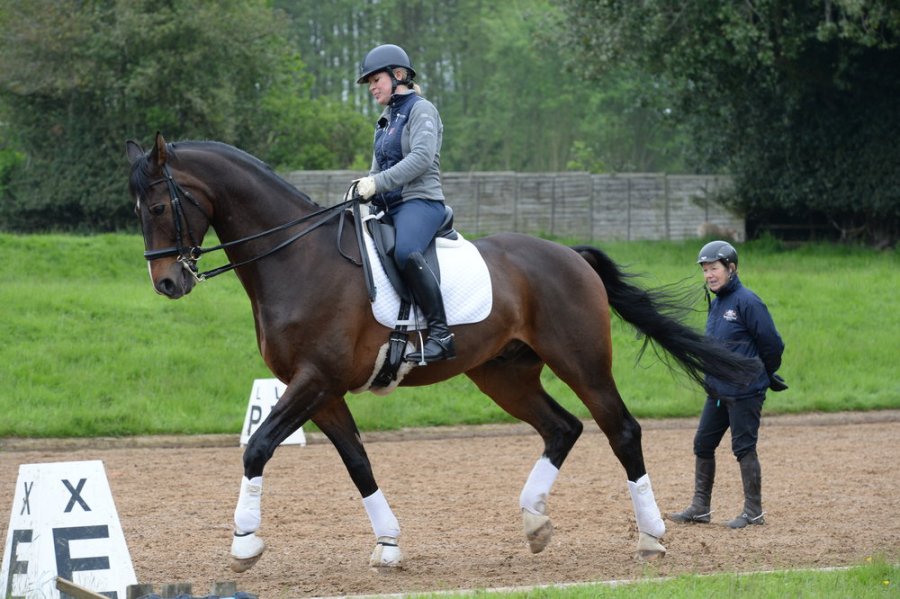There are a whole host of different career options available within the equine industry, depending on whether you want to be on the practical side and dealing with horses themselves, or on the more commercial side.
Emma Dyer, founder of specialist recruitment agency Equine Careers explains the range of career paths.
Hands on jobs
Looking at the practical side, you could work on a yard or as a rider, or consider one of the many other roles, such as equine vet nursing or becoming an instructor, saddle fitter, physiotherapist, massage therapist, nutritionist or equine dentist.
Obviously these are specialist roles and you would need to be prepared to train and qualify for whatever interests you, but all of these are options.
In the office
If you wanted to look at other choices where you’re not handling horses every day, but your work still revolves around them, then a more commercial role may suit you.
You could consider working for an equine business in sales, marketing, administration, events management, accounts or customer service, depending on your transferable skills and where your strengths and interests lie.
Most sales roles, for example, would be field-based – in other words, you’d be travelling around to retailers to manage the accounts, demonstrate new season products, stock-take, ensure repeat ordering, and carry out staff and product training and merchandising.
Becoming an instructor
Teaching is a popular choice, so starting off as a freelance instructor may be something you could do in your own time to see how it goes.
First, you must have riding instructor insurance in place, have completed a first aid course and, ideally, be DBS-checked (formerly CRB-checked), particularly if you want to work with younger riders.
Equine nutrition
With so many feed manufacturers and suppliers there are lots of opportunities available for jobs in the field of equine nutrition.
You could start off applying for roles as a feed advisor or customer service rep within a feed company to get your foot in the door and then progress from there. A relevant equine science degree is useful for getting into this field.










